How to Prescribe Exercise for Brain Health
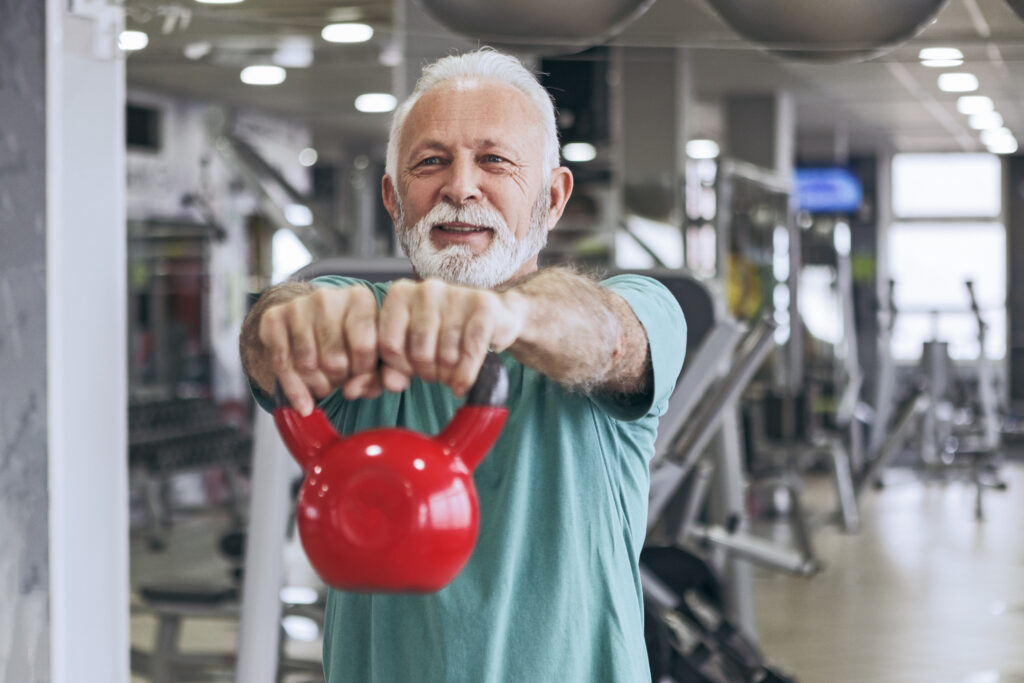
Alzheimer’s disease and related dementias are among the world’s foremost health and economic challenges, impacting over 55 million people worldwide and costing more than 1.3 trillion U.S. dollars in 2019 alone. With no imminent cure, there is an urgent need for interventions that reduce dementia risk in healthy older adults. Physical exercise is one of the greatest […]
Coaching Skills for Deep Empathy

Psychologist Carl Rogers believed that every person is naturally inclined to grow in a positive direction, not only for themselves but for society and their community. Rogers therefore suggested that it’s unhelpful and unnecessary to center a coaching or therapeutic relationship on telling, directing, and prescribing. When such relationships are grounded instead in authenticity, warmth, […]
Natural Health: Access to Nature Improves Mental Health, Physical Activity and Chronic Diseases
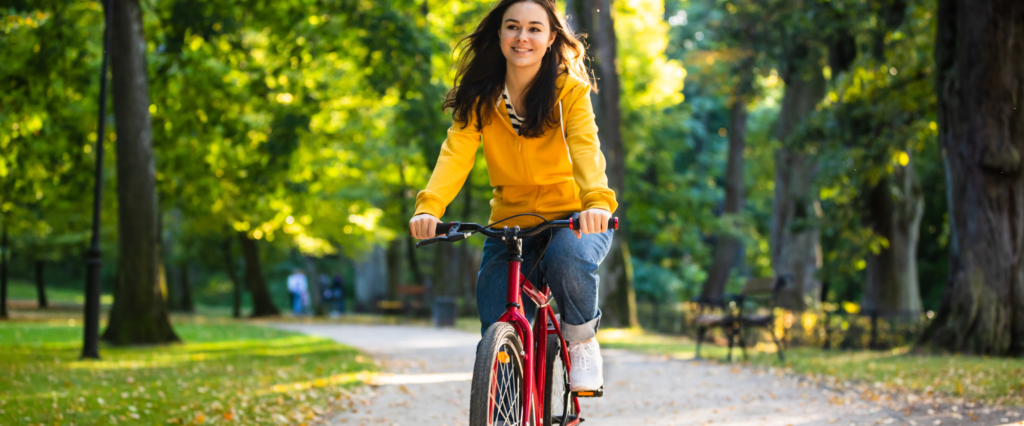
Have you ever wandered to a local park after a long day or a long week, taken a deep breath, and felt stress and tension leave your body? You are not alone. Just 20 minutes per day of exposure to natural environments decreases stress and improves cognitive function, blood pressure, mental health, physical activity and sleep. Chronic […]
First, You: Self-Care Strategies for Caregivers
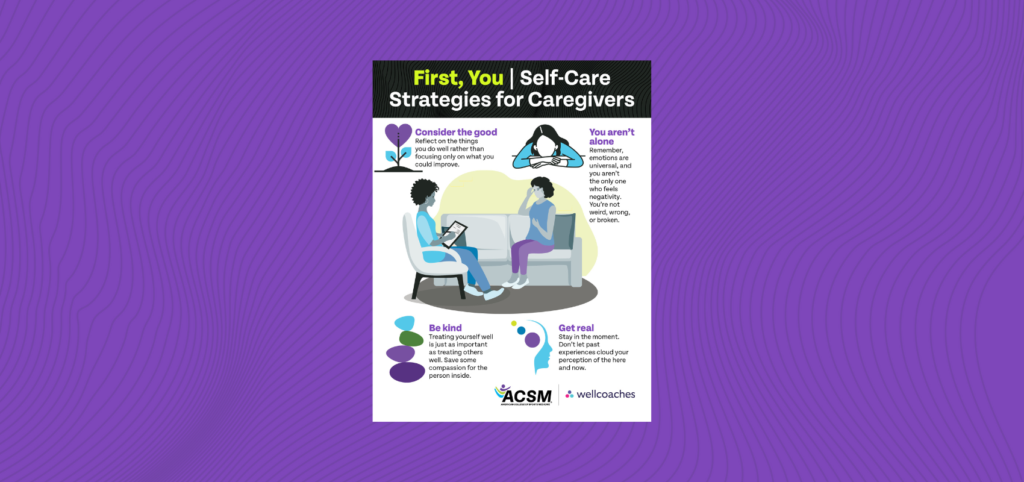
Fitness professionals and medical professionals provide care to clients and patients everyday, as do the thousands of others caring for family members, friends and their communities. When you’re so focused on providing care for others, you may lose sight of caring for yourself.
First, You: Strategies for Self-Care in Health Care

“Painful feelings are, by their very nature, temporary. They will weaken over time as long as we don’t prolong or amplify them through resistance or avoidance. The only way to eventually free ourselves from debilitating pain, therefore, is to be with it as it is. The only way out is through.” ― Kristin Neff, Self-Compassion: The […]
Supporting Your Clients’ Emotional Needs
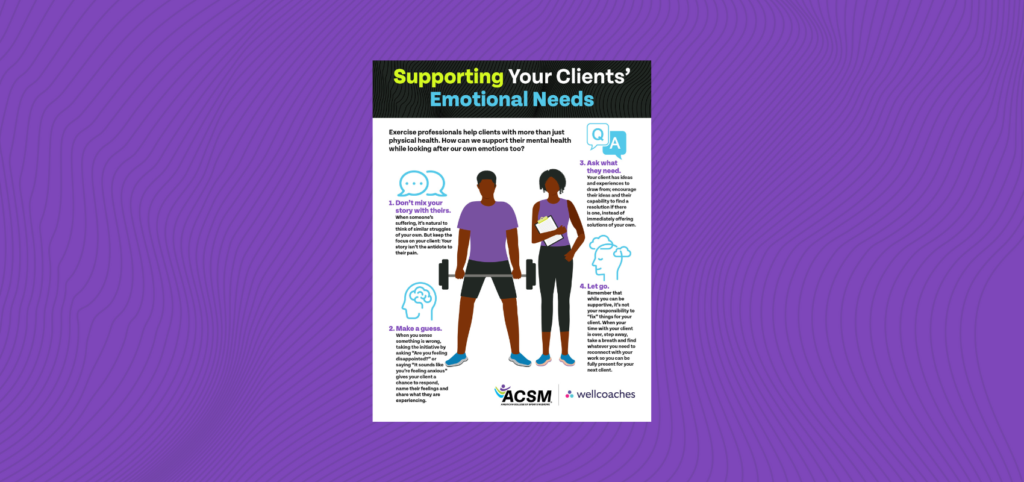
Exercise professionals help clients with more than just physical health. How can we support their mental health while looking after our own emotions too? Check out these tips.
How to Create Fitness Resolutions that will Actually Stick

A staggering number of highly-inspired people will choose to set lofty goals come January 1, despite the universal knowledge that resolutions aren’t easy to stick to. We need all the help we can get. One trick? Framing and stating goals a particular way. Here are six examples of resolutions that can lead to real athletic […]
Assisting the Apprehensive Exerciser
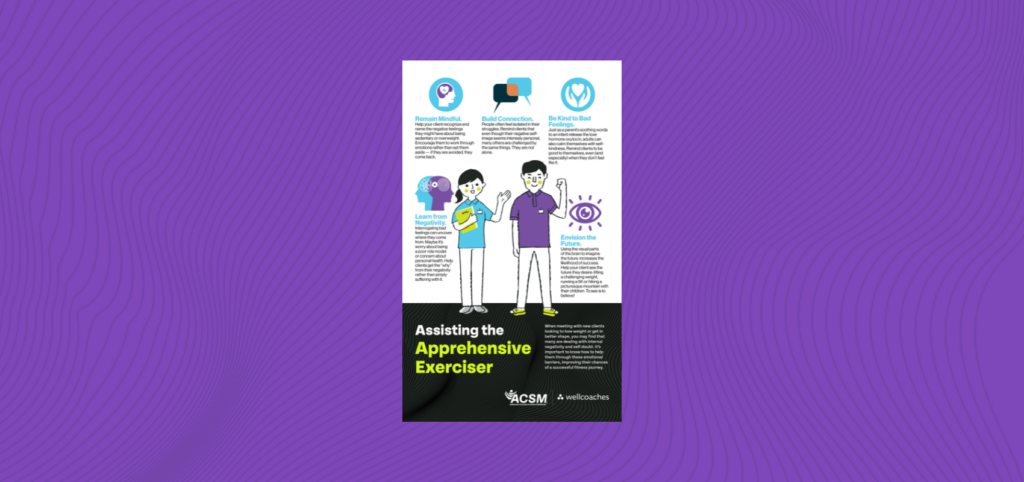
When meeting with new clients looking to lose weight or get in better shape, you may find that many are dealing with internal negativity and self-doubt. It’s important to know how to help them through these emotional barriers, improving their chances of a successful fitness journey.
Five Practices for Staying Calm, Focused and Productive during the Holidays
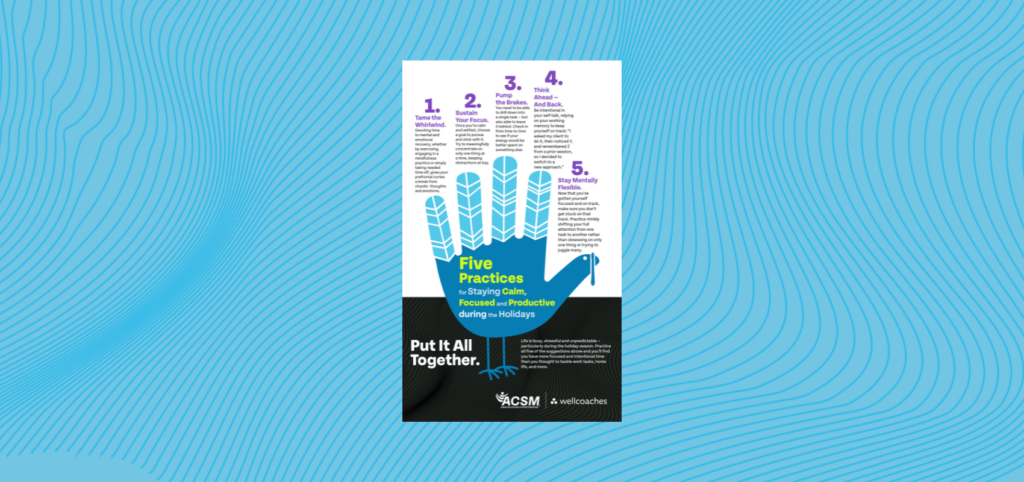
Life is busy, stressful and unpredictable — particularly during the holiday season. Practice all five of these suggestions and you’ll find you have more focused and intentional time than you thought to tackle work tasks, home life and more.
Three Cheers for Ambivalence!
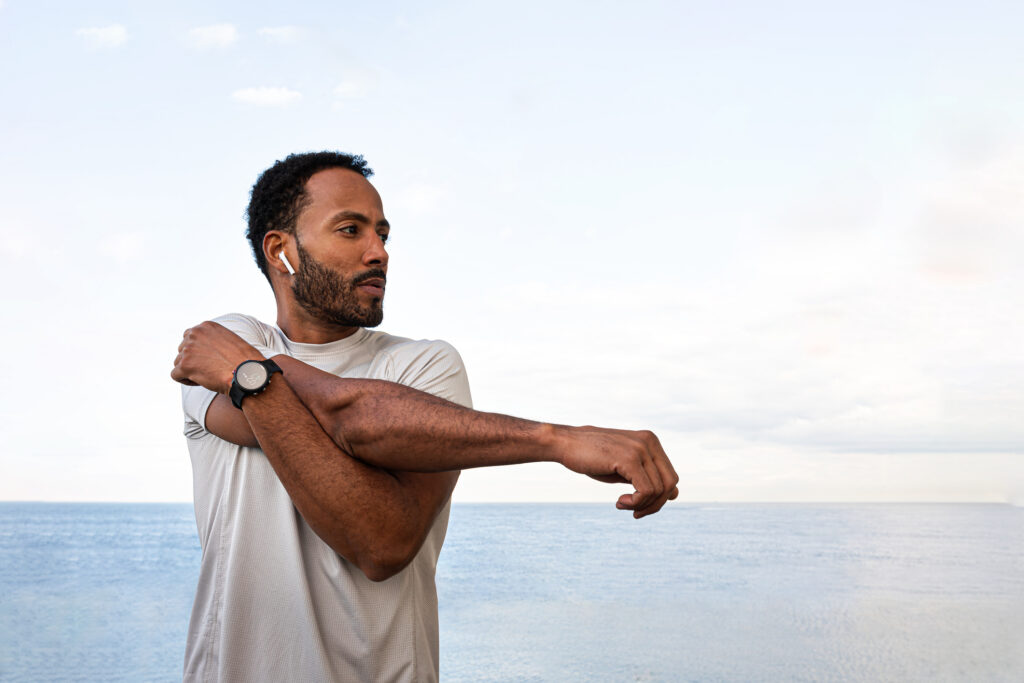
One element of the many skills developed as part of a coaching approach is the use of motivational interviewing (MI)(1). MI first emerged as a means of supporting people to manage significant and enduring addictions; however, its efficacy generally in supporting behavioral change is well documented. MI is a collaborative and conversational engagement with the […]
